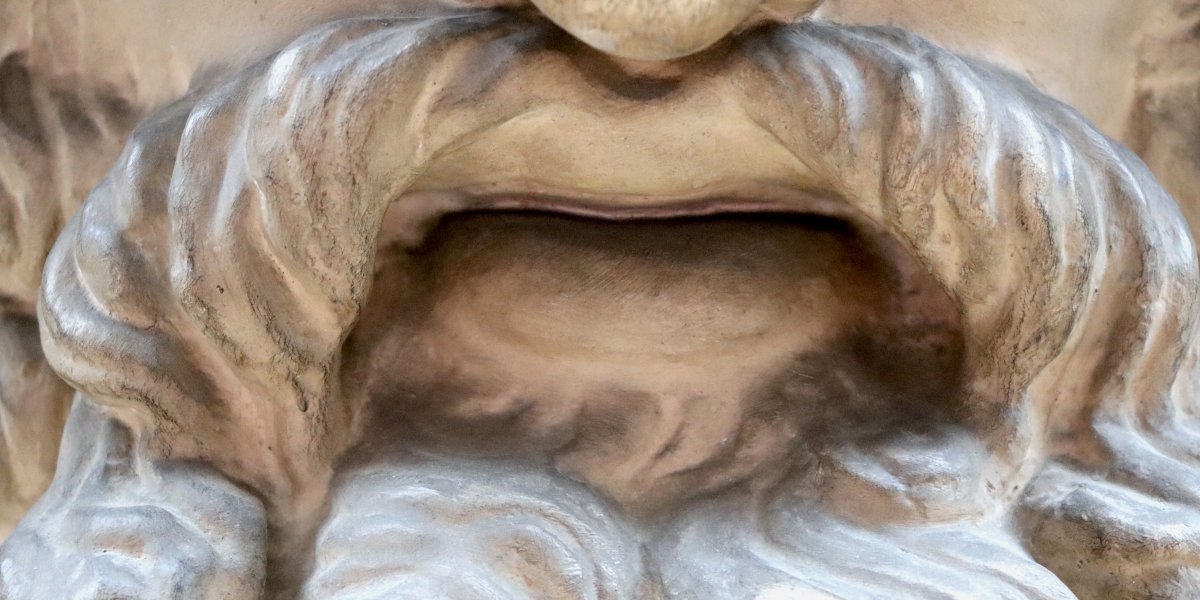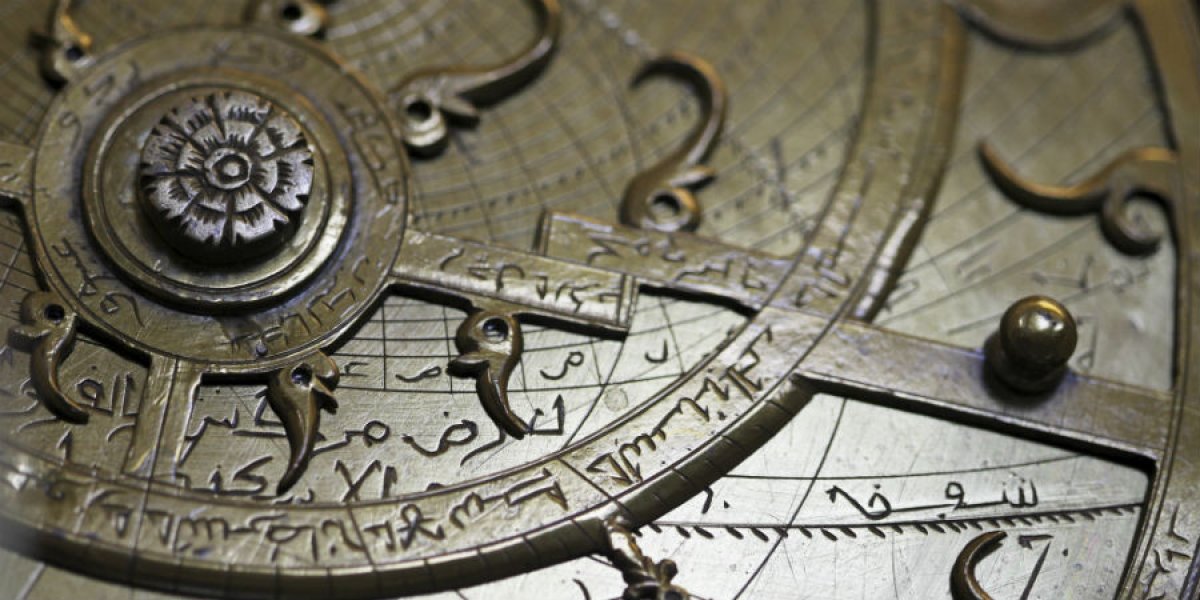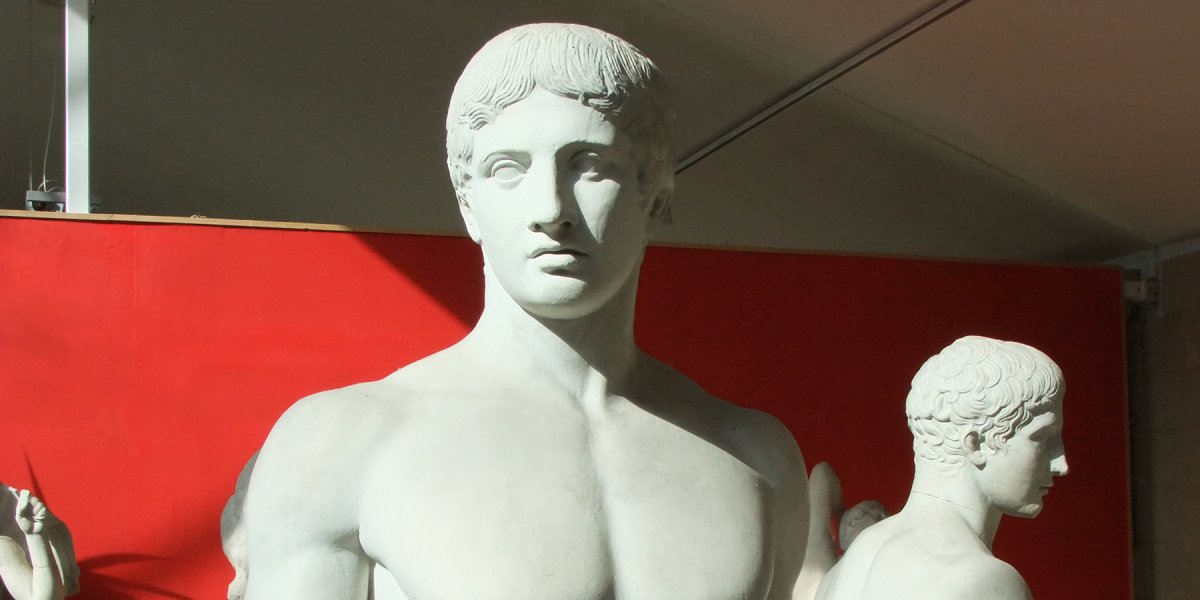The cutting edge: hierarchies of hair in the Greco-Roman world
The cutting edge: hierarchies of hair in the Greco-Roman world
As the part of the body that can be most easily modified, hair is both always with us and something we can always change. Its cutting and styling have served throughout history as a potent site of self-expression, with razors, veils, pins, and scissors often tasked with defining contested social identities and their shifting status.
Join us in the Museum of Classical Archaeology’s atmospheric Cast Gallery for a one-day event dedicated to exploring the many languages of hierarchy that hair has spoken in the classical past. We will confront head-on the meanings of Greco-Roman hair-styling by cutting and styling the hair and beards of willing volunteers into those sported by both elite and lower-class men of the Roman empire. Academics from the Hierarchies of Hair project, Dawn LaValle Norman, Miles Pattenden, and Lea Niccolai, will offer live commentary during the historic hair reconstructions as they are crafted by barbers in the gallery.
Speakers
Dawn LaValle Norman

Dawn, a Senior Research Fellow at Australian Catholic University’s Institute for Religion and Critical Inquiry, is an expert on the social history of early Christianity.
Miles Pattenden

Miles, a Senior Research Fellow at Australian Catholic University’s Institute for Religion and Critical Inquiry, works on the political and social history of the Catholic Church in the Early Modern Period, with a focus on papal elections and clerical dress.
Lea Niccolai

Lea is a historian of late antiquity at Cambridge, researching how religious and philosophical concepts helped articulate the social position and political standing of the inhabitants of the later Roman empire.
Booking information
Bookings for this event are handled externally. Please contact the event organiser if you have any questions.
Booking for this event is now closed.
Location
Summer temperatures:
The Museum has a glass roof and in the summer sun temperatures in the gallery can raise very high. We do all we can to open windows, but please do plan your visit accordingly and perhaps bring water.
Parking:
Metered parking is available on the road. Limited disabled parking spaces are available on site.
The museum is on the first floor of the Classics Faculty. There is alternative access via a lift through a different entrance to the building. Please ask at reception if you need to use the lift. Audience members may stand or sit. For more details on access, please consult the Museum's website. Please do not hesitate to get in touch with any questions.


